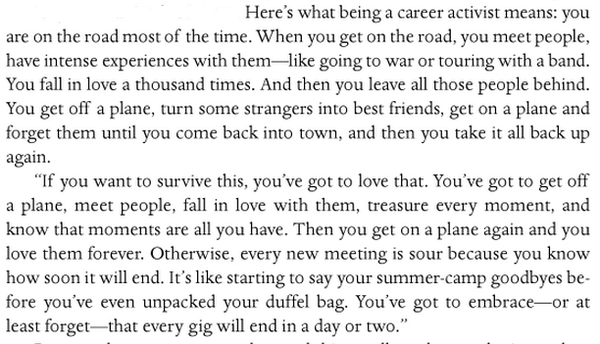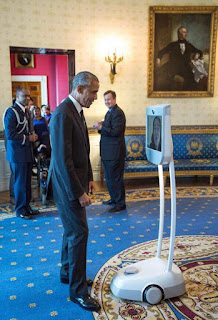A Mighty Purpose (book review)

There is a book (and review) for every season and Adam Fifield’s ‘ A Mighty Purpose-How Jim Grant Sold the World on Saving Its Children ’ is a perfect match with American Thanksgiving and the end-of-the year season around the corner. The portrait of the influential UNICEF executive director who headed the organization from 1980 until his death 1995 is a fascinating account of personal and political leadership, UN history, global organizational culture and aid policy and practice during the commonly labeled ‘lost decade’ of development. As much as the book (rightly) focuses on the person and inspiring leader Jim Grant, from my academic perspective the book achieves something maybe even bigger: it holds up an intellectual mirror for reflections on our current world, how we can or should be working in ‘development’ and what professional organizations and cultures we (do not) need. The book also expands on a theme that I highlighted in other reviews related to the UN, namely the unique

